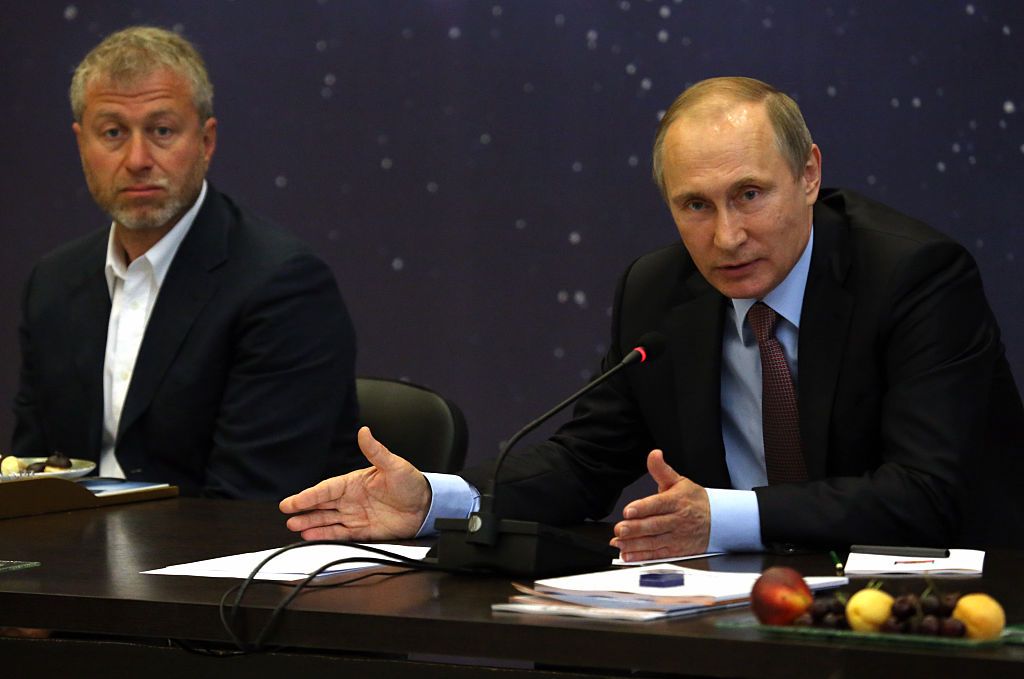RFE/RL: Moldovan companies supplied aircraft parts to Russia

Three Moldovan companies continued to supply aircraft parts worth around $15 million to Russia after the full-scale invasion of Ukraine, despite European sanctions, RFE/RL Moldova reported on Jan. 31.
The EU banned the sale of aircraft components to Russia following the start of the full-scale invasion of Ukraine "to restrict the Russian industry's capacity to acquire key goods and to disrupt its road, aviation and maritime sectors."
While Moldova is an EU candidate country, it has not yet aligned with EU sanctions targeting the Russian transport sector, despite the EU's expectations that Moldova aligns itself with all European sanctions, RFE/RL said.
The European Union insistently demands that the Republic of Moldova, a candidate country for accession, gradually align itself with all European sanctions regimes against Russia.
RFE/RL Moldova accessed data from Russia's Customs Service, which showed that the aircraft parts were sold after February 2022.
The three companies, Airrock Solutions, Aerostage Services, and Maxjet Service, reportedly traded with Russian airlines such as Pobeda, Rossiya, and S7 Airlines.
According to RFE/RL Moldova, Airrock Solutions was founded in November 2021 by Ivan Melnikov, the former head of the procurement and logistics department of Air Moldova, the former national airline. The airline is currently in liquidation.
Melnikov then founded Aerostage Services in April 2022. Between April and December 2022, the two companies made over $4.8 million in sales, RFE/RL Moldova said.
Maxjet Service was founded in 2011 and is managed by Serghei Ranga. The company's sales "exploded" in 2022, with net profits reaching nearly $7 million, according to RFE/RL Moldova.
The companies acted as intermediaries between aircraft component producers in third-party countries and the Russian airlines, RFE/RL said. Since the pieces did not physically enter Moldova, "the transactions are not recorded in the Moldovan customs documents."
Melnikov and Ranga told RFE/RL Moldova that "they did not know that the parts purchased by their companies were going to the Russian Federation, explaining that they did not have direct contracts with Russian customers."













